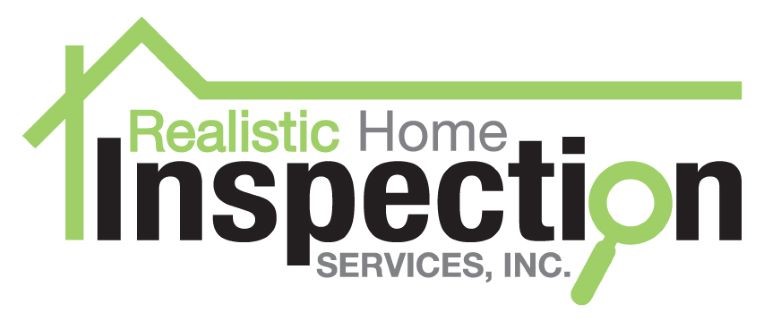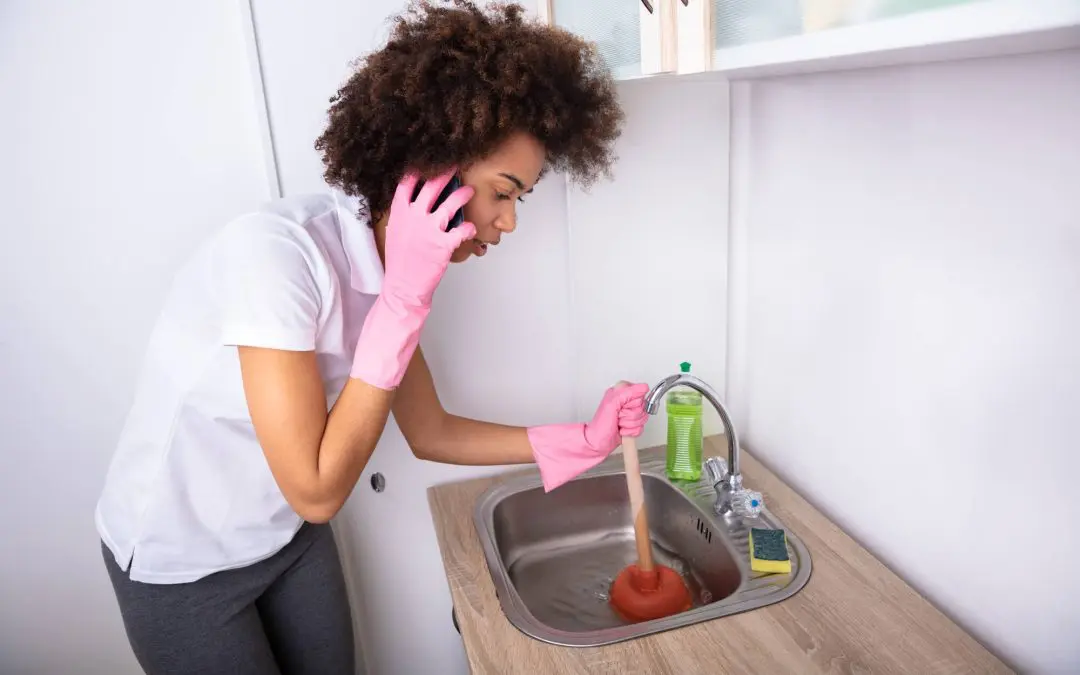Plumbing issues can be a homeowner’s nightmare, causing inconvenience, costly repairs, and potential damage to your property. However, with a little foresight and preventive maintenance, you can significantly reduce the likelihood of encountering plumbing problems at home. In this blog post, we’ll explore ten practical tips to help you prevent plumbing problems and avoid costly repairs down the line.
Regular Inspections Are Essential to Prevent Plumbing Problems
Make it a habit to inspect your plumbing system regularly. Look for signs of leaks, corrosion, or damage in pipes, faucets, and fixtures. Catching minor issues early can prevent them from becoming major problems later.
Monitor Water Pressure to Prevent Plumbing Problems
Excessively high water pressure can stress your pipes, leading to leaks and bursts. Install a pressure gauge on your main water line and ensure the pressure stays within the recommended range (typically between 40 and 80 psi).
Be Mindful of What You Flush
Your toilet is not a trash can. Avoid flushing anything other than toilet paper and waste. Items like paper towels, sanitary products, and wipes can clog your pipes and cause backups.
Use Drain Strainers to Prevent Plumbing Problems
Use drain strainers in sinks, showers, and tubs to prevent hair, food particles, and other debris from clogging your drains. Regularly clean these strainers to ensure they remain effective.
Watch What Goes Down the Garbage Disposal
While convenient, garbage disposals can’t handle everything. Avoid putting fibrous or starchy foods, grease, bones, and non-food items down the disposal, as these can cause clogs and damage the unit.
Insulate Exposed Pipes
In colder climates, exposed pipes are vulnerable to freezing and bursting. Insulate pipes in unheated areas like basements, attics, and crawl spaces to prevent this.
Fix Leaks Promptly
Even small leaks can waste significant amounts of water and lead to water damage over time. If you notice a leaky faucet or pipe, don’t delay fixing it. A simple repair now can save you from costly water bills and repairs later.
Practice Water Conservation
Conserving water helps the environment and reduces the strain on your plumbing system. Install low-flow fixtures, repair leaks promptly, and be mindful of water usage habits to prevent unnecessary stress on your pipes.
Schedule Professional Maintenance to Prevent Plumbing Problems
Regular maintenance by a licensed plumber can identify potential issues before they escalate into major problems. Consider scheduling an annual inspection and maintenance service to keep your plumbing system in optimal condition.
Know When to Call a Professional
While DIY fixes are tempting, some plumbing issues are best left to the experts. If you’re unsure or unable to resolve a problem on your own, don’t hesitate to call a qualified plumber. Attempting complex repairs without the necessary expertise can worsen the issue and lead to costly repairs.
By implementing these ten tips, you can proactively prevent plumbing problems at home and save yourself the hassle and expense of dealing with emergencies down the line. Remember, maintenance and vigilance go a long way in keeping your plumbing system running smoothly for years.
FAQs for Home Plumbing Issues
How often should I have my plumbing system inspected?
It’s recommended that a professional plumbing inspection is performed annually to catch potential issues early. Additionally, consider scheduling inspections after major weather events or if you notice any unusual signs like water stains or mold growth.
What should I do if my garbage disposal is jammed?
First, turn off the disposal and unplug it from the power source. Then, use a hex wrench to rotate the disposal’s flywheel and manually dislodge any obstructions. If unsuccessful, contact a plumber for further assistance.
What should I do if my water smells or tastes strange?
Strange odors or tastes in water can indicate issues such as bacterial contamination or mineral buildup. Consider installing a water filtration system or contacting a plumber to test and treat your water supply.
What causes foul odors coming from my drains?
Foul odors often result from a buildup of organic matter, grease, or bacteria in drains. Regularly cleaning drains with baking soda and vinegar or using enzymatic cleaners can help eliminate odors.
Realistic Home Inspection Services offers pre-listing inspections to homeowners in the greater Milwaukee area. Contact us to request our services.

